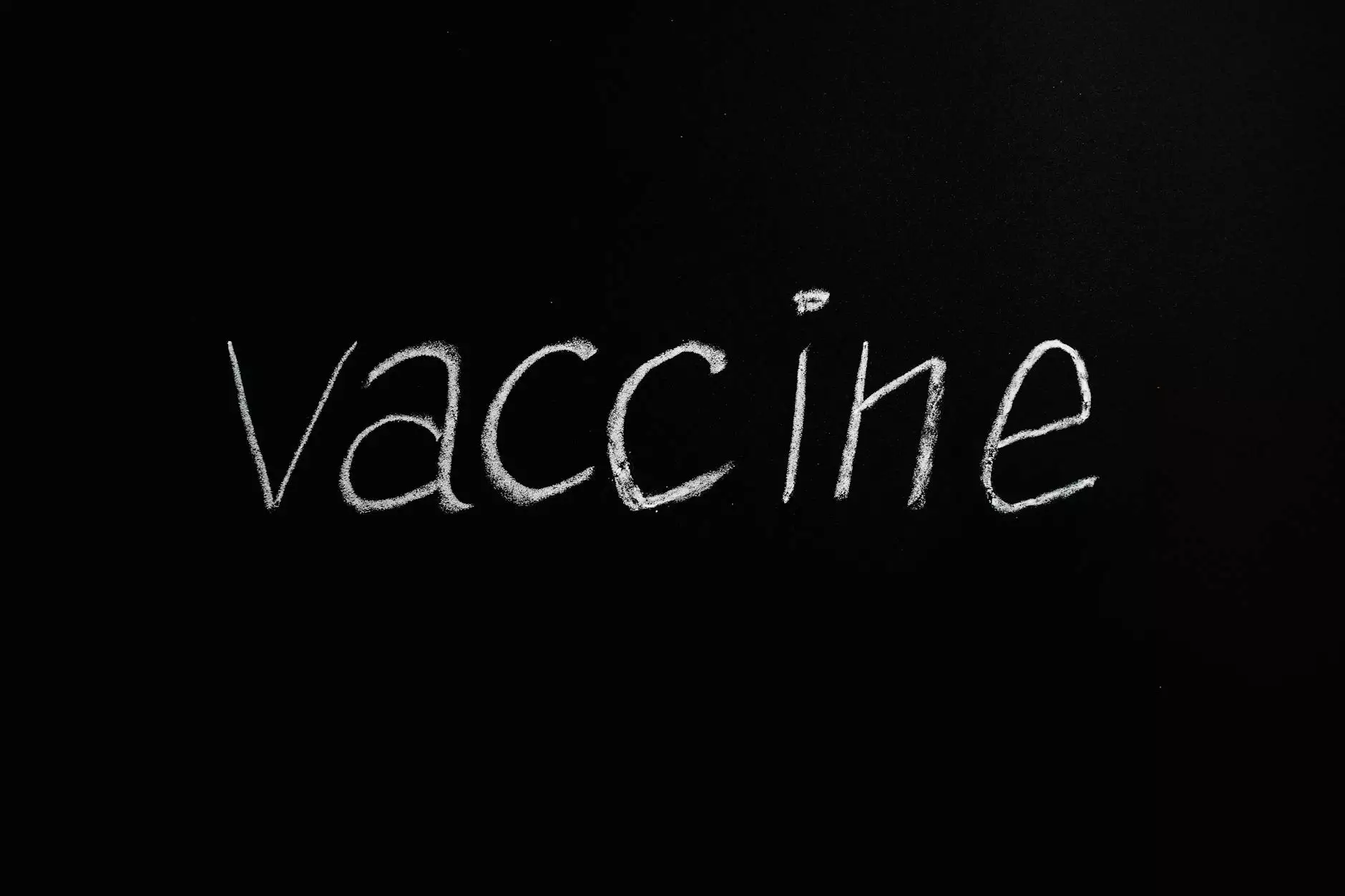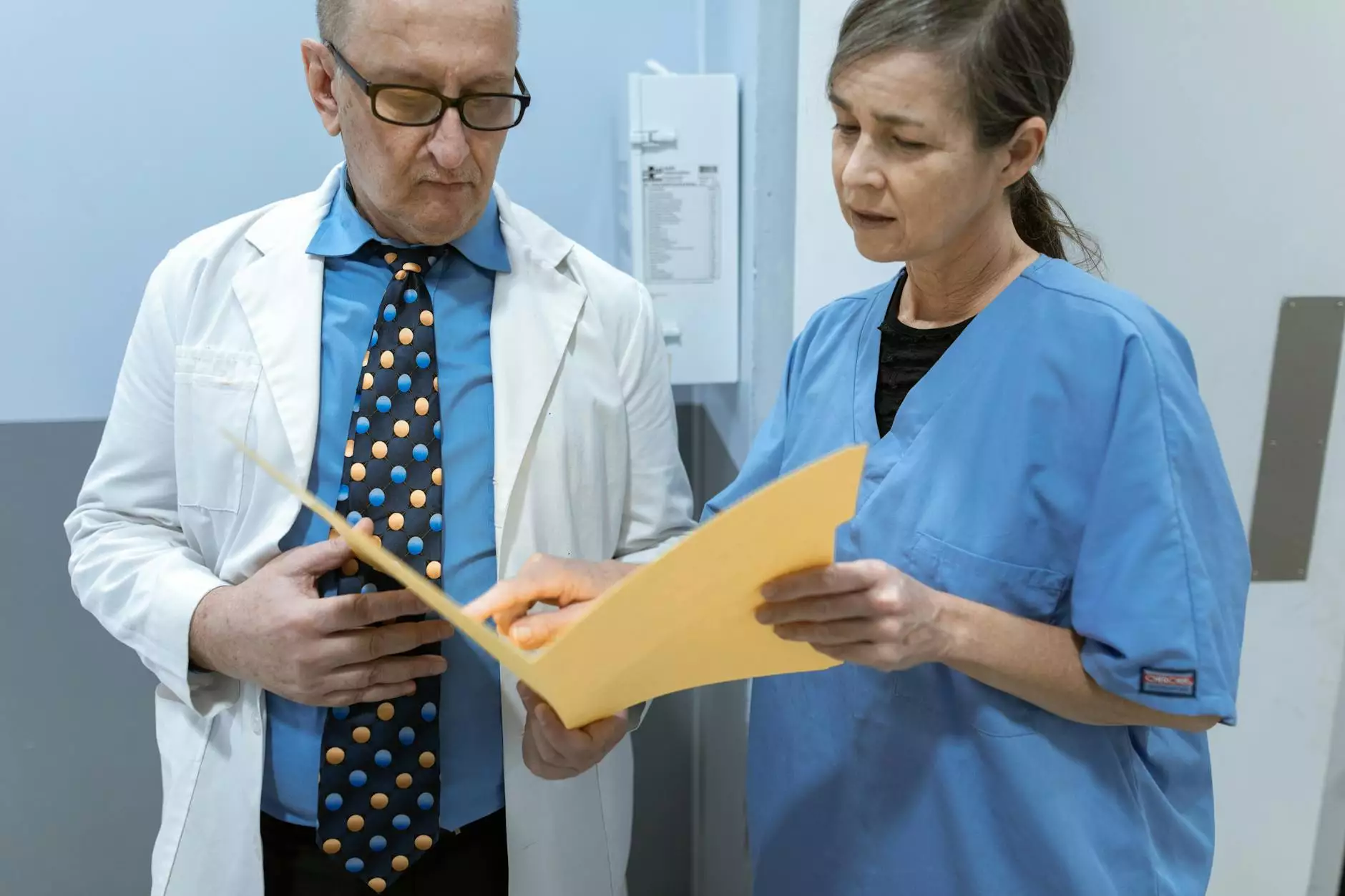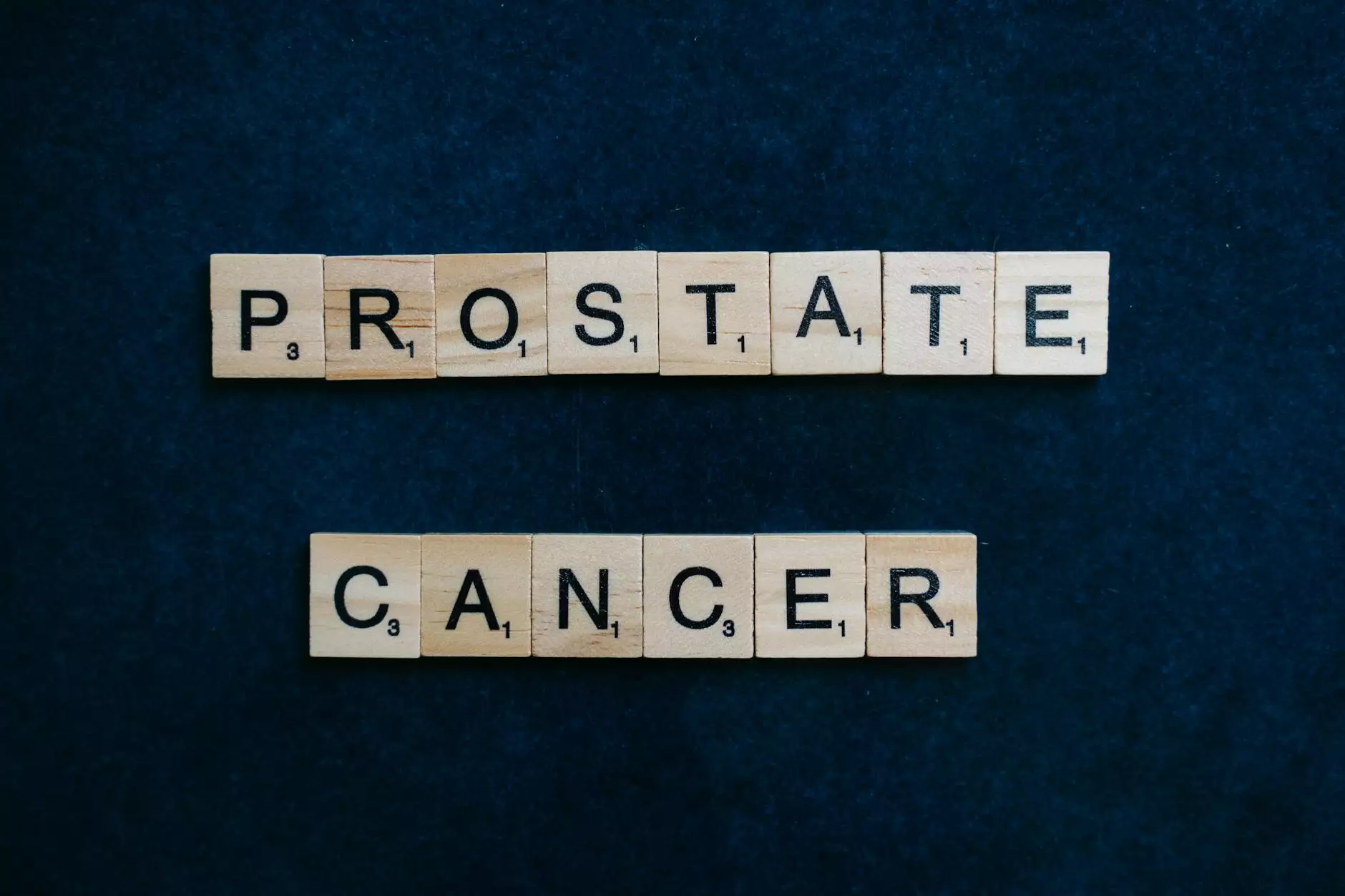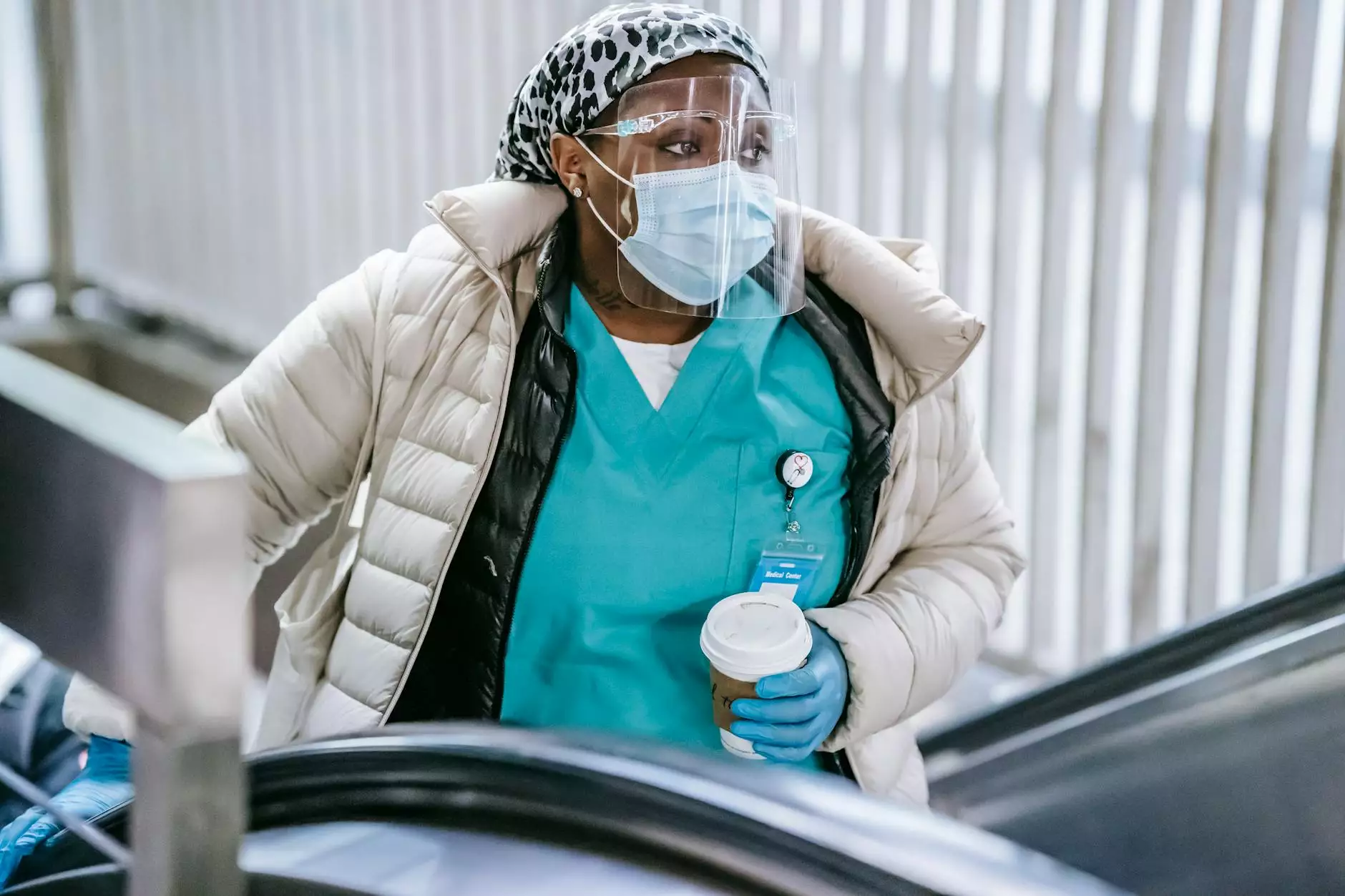Michigan Can't Meet Demand for COVID-19 Monoclonal Antibody Treatments

Welcome to Bay Regional Medical Center's page, where we shed light on the pressing issue in the field of health, specifically Michigan's struggle to meet the demand for COVID-19 monoclonal antibody treatments.
An Unprecedented Challenge
In the wake of the ongoing COVID-19 pandemic, Michigan has been grappling with an unprecedented surge in cases. With the rapid spread of the virus, the demand for effective treatments such as monoclonal antibodies has reached a critical level.
Monoclonal antibodies are laboratory-produced proteins designed to mimic the natural antibodies that our bodies produce to fight off infections. These therapies have shown promising results in reducing the severity of COVID-19 symptoms, especially when administered early in the course of the disease.
The Importance of Monoclonal Antibody Treatments
As the number of confirmed COVID-19 cases continues to rise, the need for effective treatment options becomes more crucial than ever. Monoclonal antibody treatments hold great promise in reducing hospitalizations, easing the burden on healthcare systems, and ultimately saving lives.
Monoclonal antibodies can neutralize the coronavirus, preventing it from replicating and causing further damage to the body. By targeting specific proteins on the surface of the virus, these therapies help our immune system fight back and control the infection.
Challenges in Meeting the Demand
Despite the clear benefits of monoclonal antibody treatments, Michigan finds itself unable to meet the surging demand. Various factors contribute to this challenging situation:
- Limited Supply: The production and distribution of monoclonal antibodies are complex processes that require significant resources. The limited supply hampers the ability to meet the growing demand.
- Logistical Constraints: Coordinating the timely delivery of monoclonal antibodies to healthcare facilities across the state presents logistical challenges. Ensuring that each facility receives an adequate supply is critical but challenging.
- Storage and Handling Requirements: Monoclonal antibodies necessitate precise storage and handling conditions to maintain their potency. These requirements could pose additional obstacles as healthcare facilities must meet the standards to preserve their efficacy.
- Staffing Constraints: Administering monoclonal antibodies requires trained healthcare professionals. The shortage of adequately trained staff adds to the difficulties faced in meeting the demand.
Addressing the Issue
Bay Regional Medical Center acknowledges the urgency of addressing this issue and is actively working towards finding solutions.
Collaboration among healthcare institutions, government bodies, and pharmaceutical companies is crucial to ramp up the production and distribution of monoclonal antibodies. By streamlining processes, improving logistics, and enhancing training programs, we can take significant strides in meeting the demand and ensuring that these life-saving treatments reach the individuals who need them.
The Way Forward
As we collectively navigate through these challenging times, it is imperative to stay informed and prioritize preventive measures such as vaccination, wearing masks, and practicing social distancing. These actions not only reduce the spread of COVID-19 but also mitigate the strain on healthcare systems, allowing for better allocation of resources.
Bay Regional Medical Center remains committed to providing the best healthcare services and contributing to the resolution of this critical issue. We strive to keep our community safe, informed, and empowered in the fight against COVID-19.










